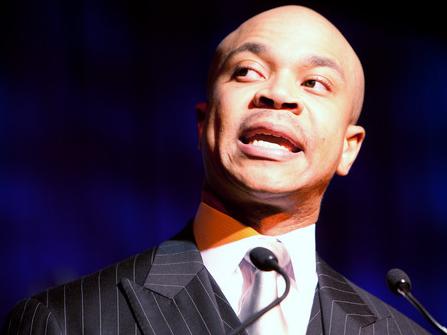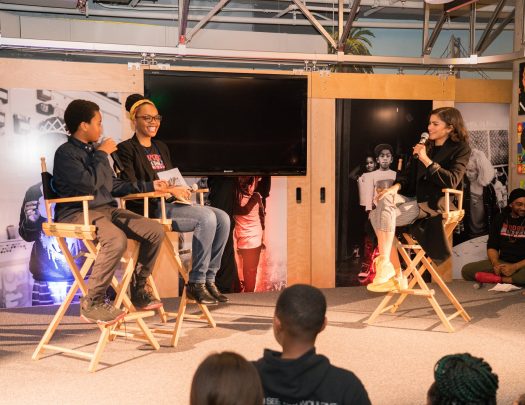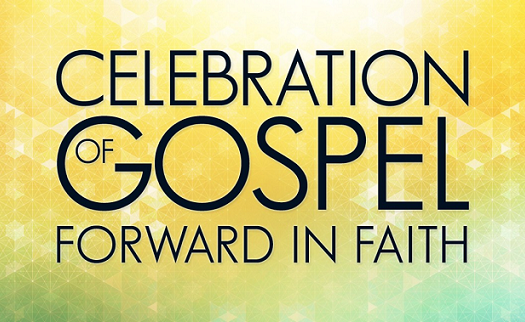
As an African-American pastor and clergy leader, I am frequently asked how I have been able to support civil marriage protection for gay and lesbian couples. After listening to Christians debate their support of or their opposition to homosexuality, I came to the conclusion that one’s personal religious beliefs should have no bearing in determining whether other American citizens deserve equal treatment under the law.
For too long the question of equal rights for gays and lesbians has been mired in a theological debate that in my opinion is not suitable in a public policy discussion. The issue of civil marriage rights for gay and lesbian couples is an issue of public policy, not theology. The role of the State in a free democratic society is fundamentally different than the role of the Church, or any religious institution for that matter. The role of the State in a pluralistic society is to provide for the common good and to protect the civil liberties of all its citizens. As a Christian in this country, I value my religious freedom, but I also recognize that I cannot impose my religious beliefs on others in matters of public policy.
It is completely legitimate for people of faith to debate the moral legitimacy of same sex marriage as a religious rite, but that question is more appropriate for a different arena; the theological seminary, the pulpit, or the Bible study group, for example. In the public policy arena, the issue is simply whether gay and lesbian couples deserve the same rights and civil liberties as other American citizens. For me, the answer to that question is a resounding “yes.” As a nation, we have always held that the ideals of our Constitution supersede subjective religious beliefs and views. One’s personal religious beliefs about homosexuality should not be the basis for determining whether same gender loving couples deserve equal treatment under the law. To do so establishes a discriminatory and dangerous public policy precedent that potentially threatens the civil liberties of all people. As a Christian minister, I believe my role is to live in my faith, not to legislate it, and as long as the State does not seek to regulate the Church, the Church should not seek to regulate the State.
Civil marriage protection for gay and lesbian couples in no way infringes upon the right of religious bodies to define religious marriage as they see fit based upon their traditions, doctrine, and scriptural interpretations. Religious institutions have always acknowledged the role of the State to provide civil marriage for all citizens regardless of their belief system or religious background. Every union acknowledged by the State, whether heterosexual or homosexual, is a civil marriage, and is not synonymous with religious marriage. Civil marriages, therefore, do not have the power to determine, delimit, or define how religious institutions treat marriage based upon their own values, beliefs, and scriptural interpretations. Religious marriage is solely province of a community of faith, and there is no legislative act that can be imposed upon faith communities to acknowledge, sanction, or perform. Just as the State has no jurisdiction over the theological beliefs, practices, and ordinances of any house of worship, religious institutions should not seek to restrict equal opportunity to others in matters of public policy.
While there are a range of theological views about same sex marriage, all Americans can stand united under the banner of extending civil liberties and justice to all citizens. People of faith will not allow their theological diversity on this or other issues to be exploited for political gain. The welfare of our nation rests upon growing our economy, preserving the social safety nets for the poor and the elderly, and creating a civil society of mutuality, tolerance, and respect.
==
The Rev. Delman Coates, Ph.D. is the Senior Pastor of the Mt. Ennon Baptist Church in Clinton, MD, www.mtennon.org




No Comments